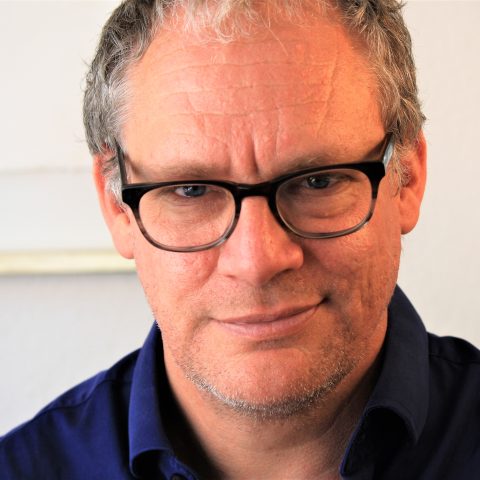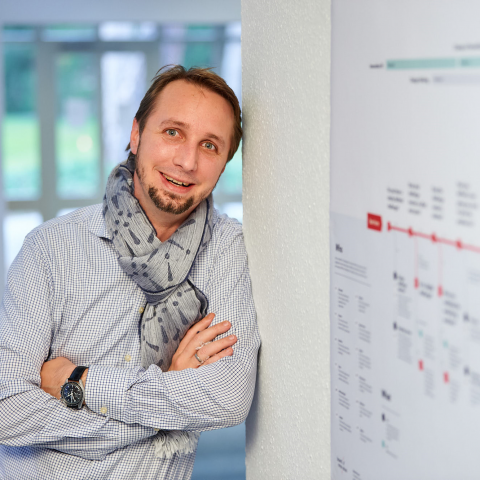
Projects
As a driving force behind the industrialisation of quantum computing in Germany, we want to identify, develop, test and share its potential applications. Within their various development projects, our members are driving forward first practical applications in the field of quantum computing in their respective industries and also across sectors.
Our development projects

TRUMPF - optimized production planning for tomorrow’s metal processing.
Medium-sized industries like metal processing often rely on the human factor to get their production planning done. Together with QUTAC, machine tool and laser technology manufacturer TRUMPF is developing quantum computing-based applications that can make the sector more efficient.
Read more
Merck: Optimizing how Clinical Trials are Planned and Carried Out
Clinical trials are an important step in getting new pharmaceuticals to market, but they are complex and rely on multiple interdependent factors. This makes it hard to plan them optimally. Attempts to optimize trial designs with conventional machine learning are hitting their limits. That’s why science and technology company Merck is testing the use of Bayesian networks and quantum computers – and reaching out to other experts in QUTAC.
Read more
Volkswagen: Optimizing paint shops at automobile production plants
At first glance, modern car manufacturing seems streamlined and efficient, yet when we take a closer look, there are many opportunities for optimization. With the help of quantum computing, Volkswagen Group intends to realize this potential – freeing up time, minimizing waste, and saving money. In short: turning quantum computing into tangible business value.
Read more
Infineon: Harnessing quantum computing to optimize supply chains
The semiconductor industry is characterized by its global supply chains. These are a complex network, and achieving optimal results is a challenge, even for established industry players like Infineon. With a leading position to maintain, Infineon has its sights set on one of the key technologies for the future: quantum computing.
Read more
Munich Re: Understanding, calculating and hedging complex risks
At Munich Re, Andreas Nawroth and his team are researching quantum technology applications for modern route planning. This way, they are helping to make Germany a pioneer in quantum technology – and to protect companies more intelligently against economic losses in the future.
Read more
BASF: How quantum computing can help develop chemical catalysts
With the help of quantum computing, BASF intends to accelerate the development of new catalysts within polymer research. To do so, it is relying on a hybrid approach – and collaboration with QUTAC.
Read more
Boehringer Ingelheim: A question of time
For the simulation of complex molecules, Boehringer Ingelheim CTO Clemens Utschig-Utschig also considers the potential of quantum computing. This way, extensive laboratory experiments may be reduced in the future – and with them the time needed to develop new drugs.
Read more